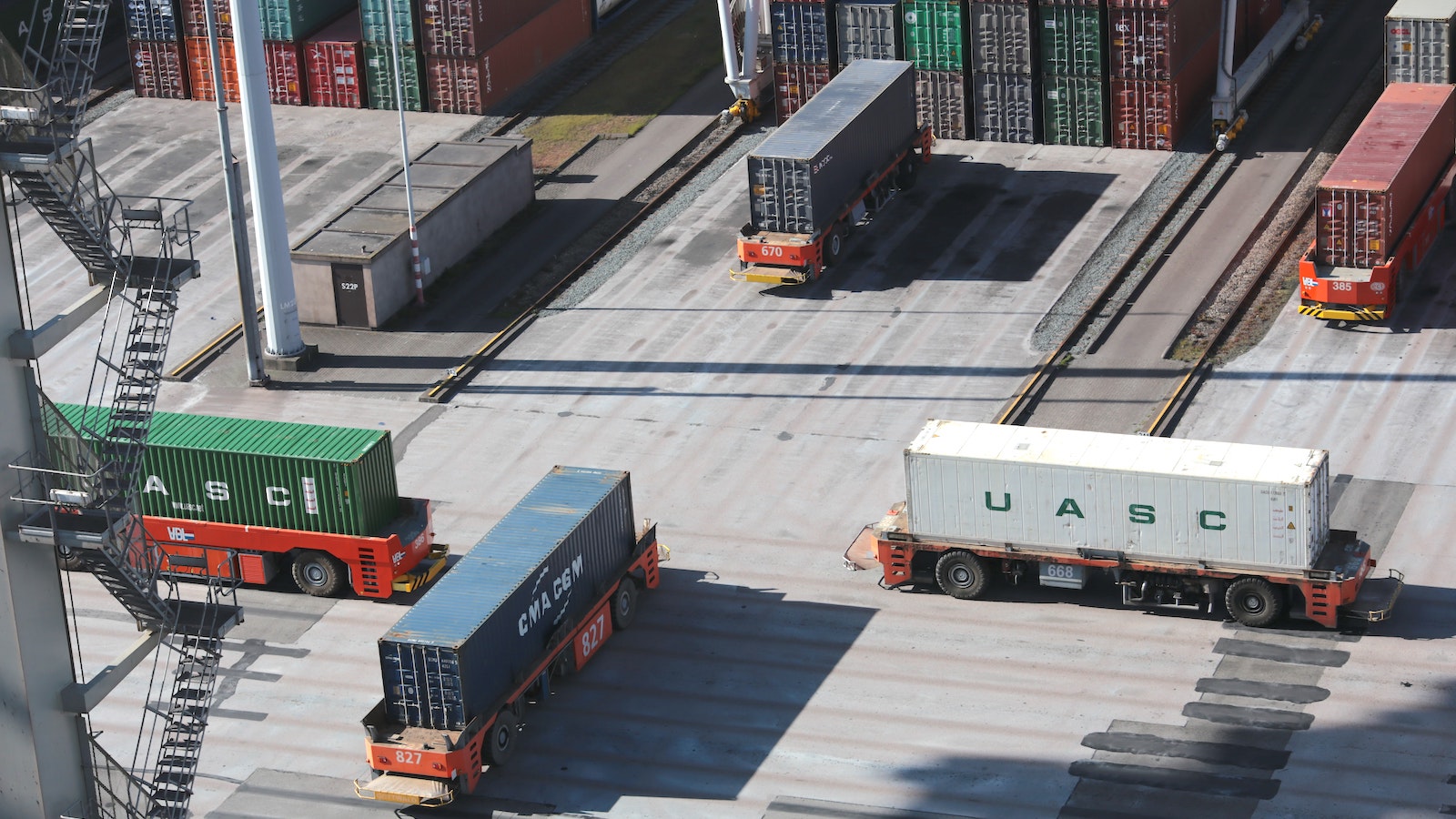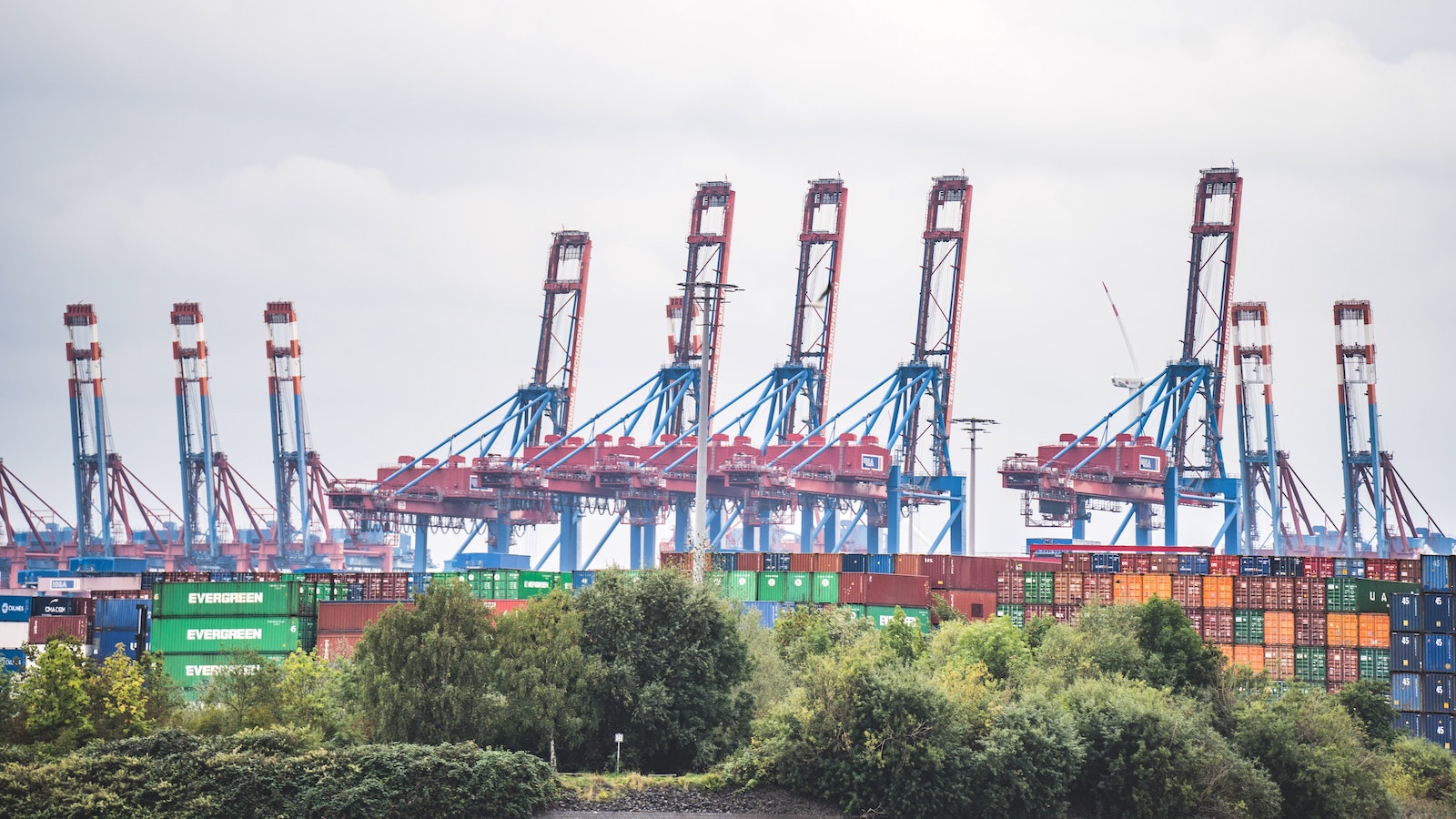Table of Contents
** Minutes
What is meant by wholesale supply chain?
What are the challenges of supply chain management for wholesale?
3 ways to improve your supply chain if you’re a wholesale distributor
Improve the supply chain of your wholesale company with ShipBob
Wholesale ecommerce requires good supply chain management to function effectively, especially since there are large amounts of goods involved. However, there are a number of challenges standing in the way of effective supply chain execution among wholesale businesses. This post takes a closer look at the biggest wholesale supply chain challenges and how to resolve them.
What is meant by wholesale supply chain?
The wholesale supply chain refers to the sequence of activities required to produce and distribute wholesale goods. Starting from converting raw materials into finished goods to getting the finished goods to the wholesale business and then distributing the goods to wholesale buyers–it involves a network of companies and suppliers who each play an important role in the proper functioning of the wholesale operation.
What are the challenges of supply chain management for wholesale?
Just like a regular supply chain, there are a number of challenges that arise when managing a wholesale supply chain. The following obstacles may reduce supply chain efficiency and increase costs for wholesale businesses.
Inability to meet customer expectations
In a wholesale business, brands have to deal with large volumes of goods since all of your customers are buying in bulk. This can make it challenging to meet customer expectations especially if you don’t have accurate supply chain visibility.
Lack of visibility means relevant parties may be unable to get accurate and real-time stock updates or information about possible disruptions. Combined with a lack of supply chain forecasting, you’ll have a hard time accurately forecasting how much inventory you will need in the near future. As a result, you may be unable to place reorders on time and have sufficient stock needed to fulfil customer demand.
Inventory overstocking
Alternatively, some wholesale businesses may store an abundance of goods that can be expensive to keep. Overstocking often stems from a desire to always maintain optimal stock levels to quickly fulfil wholesale orders. However, you could end up losing money on maintenance and storage costs especially if you don’t sell off the goods quickly enough.
More competition from big brands
With retail giants like Alibaba and Amazon to compete with, managing the wholesale supply chain for small businesses and startups can seem intimidating. As these big brands often boast better supply chain velocity and maintain price transparency, wholesale buyers have low barriers to switching suppliers. This increased competition presents the need for wholesale businesses to deliver quality products consistently and at shorter timeframes.
Global disruptions
Even with good supply chain planning, wholesale businesses still have to deal with unexpected disruptions to the supply chain due to global events. Since these hiccups can’t always be forecasted, there’s a need to build supply chain resilience so they can quickly pick back up even in case of unexpected issues disrupting the supply chain.
3 ways to improve your supply chain if you’re a wholesale distributor
Once you narrow down the leading challenges in your wholesale supply chain, you can start to look for viable solutions. Here are a few supply chain optimisation strategies for wholesale distributors.
Analyse your data
Data can make all the difference for your wholesale supply chain. Accurate data can provide insights into your current supply chain performance, which can then inform your decisions. Monitor supply chain analytics to keep track of important supply chain KPIs such as inventory turnover, supply chain costs, and customer order cycle time.
Use this information to see where you currently stand, what needs improving, and how much demand you can expect to see in the future. Then turn the data you’ve gleaned into actionable insights to optimise different processes within your supply chain.
Create a collaborative environment
Visibility is everything when it comes to the wholesale supply chain. You need all relevant parties to be able to seamlessly communicate with each other and have access to all the information they need exactly when they need it. This will ensure better collaboration between everyone in your team as well as relevant partners in your supply chain, which will help improve supply chain agility.
For example, if your shipping partner informs you ahead of time of possible delivery delays, you can quickly communicate the issue to your retail partners. This will give them enough time to take the necessary measures to mitigate the problem.
Focus on automation
A digital supply chain transformation is crucial for increasing efficiency and minimising the risk of errors. Make the most of supply chain technology to automate various aspects of your supply chain processes. This would involve implementing an inventory management system that will automatically update inventory status and provide real-time visibility into your inventory levels.
Additionally, you can use automation for accurate demand forecasting that factors in historical sales data and changes in buyer behaviour. Machine learning further enhances the insights with data from multiple internal and external sources such as online reviews and weather reports. This will allow you to make accurate predictions to replenish your inventory on time and ensure that you always maintain optimal inventory levels.
Moreover, the use of robotics can help to improve the efficiency of your picking and packing processes. This involves using robots to pick orders and minimise the time spent on fulfilling your wholesale orders.
Improve the supply chain of your wholesale company with ShipBob
One of the best ways to improve your wholesale ecommerce supply chain is by working with a 3PL like ShipBob. Partnering with a fulfilment party means you can outsource your entire fulfilment process and leverage advanced supply chain technology. ShipBob simplifies supply chain management for wholesale distributors.
Outsourced supply chain
You can utilise ShipBob’s services for an outsourced supply chain. This involves delegating the most complicated and time-consuming aspects of your supply chain to the experts. With ShipBob, you can outsource crucial supply chain processes such as warehouse receiving, consolidation, inventory storage, inventory and order management, order fulfilment, shipping, and returns management.
This frees up time for you to focus on the more strategic aspects of your wholesale business such as marketing and acquisitions. Additionally, you can reduce your overall costs since everything is optimised for efficiency, which minimises the risk of unnecessary (and expensive) disruptions or delays.
Automated fulfilment
If you have a hard time keeping up with the growing demands associated with scaling your wholesale operations, you can rely on ShipBob for automated fulfilment. This is particularly useful since you often have to deal with large order volumes that can be challenging to fulfil on your own. With ShipBob, you can delegate all the picking, packing, and shipping processes to the experts.
As a result, you can efficiently fulfil volume orders for your wholesale business while saving huge amounts of time to focus on building your strategic partnerships. Additionally, the simplified fulfilment process helps you build a wholesale supply chain that works seamlessly and with minimal risk of errors or disruptions.
Logistics automation
When it comes to the wholesale supply chain, the logistics can be extremely complicated since there are large order quantities involved. ShipBob allows you to streamline and optimise your wholesale logistics by providing you with a logistics automation solution. You can leverage ShipBob’s proprietary software to effectively manage your inventory and process your orders.
This technology comes with reliable inventory tracking so you can get real-time updates on stock levels and inventory movement. And by automatically processing your orders, it allows shipments to get out the door faster and reach customers on time. Moreover, it provides you with automated suggestions on how to best distribute your inventory to keep your fulfilment costs low while speeding up your deliveries.
If you’re ready to get started with a B2B fulfilment partner in order to streamline your wholesale business, request a quote from ShipBob below.
Wholesale supply chain FAQs
Here are the answers to the top questions about wholesale supply chains.
What is wholesale supply chain?
The wholesale supply chain refers to the sequence of processes involved in producing and distributing goods on a wholesale basis.
Is wholesale part of supply chain?
Wholesale is an important part of the ecommerce retail supply chain as retailers typically have to buy goods from a wholesale distributor in order to sell the goods to the end consumers.
Why is supply chain management vital to the wholesale industry?
Good supply chain management ensures that every stage of your wholesale operation works seamlessly together so that inventory moves efficiently throughout the supply chain and orders reach the buyers on time.
What does a wholesale supply chain consist of?
The wholesale supply chain typically consists of procurement and manufacturing followed by distribution.
What is the difference between manufactured products and wholesale products?
Manufactured products refer to any product that has undergone the manufacturing process and is now ready to be sold–whether to end consumers or to wholesale distributors. Wholesale products refer to goods that are intended to be bought in bulk by a wholesale distributor.



